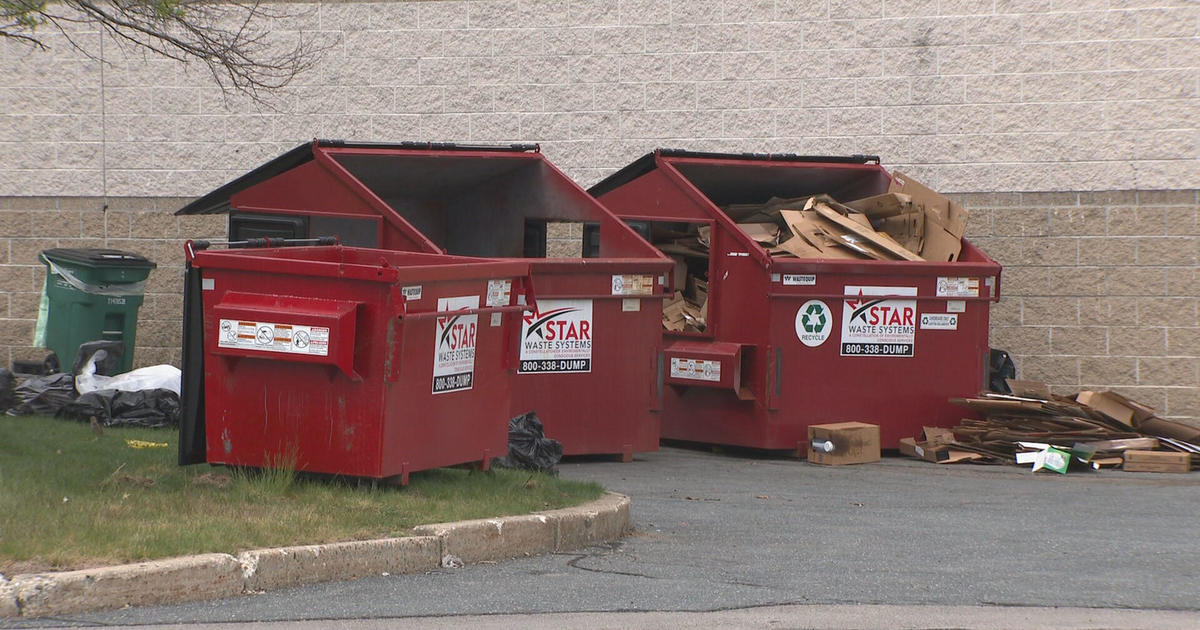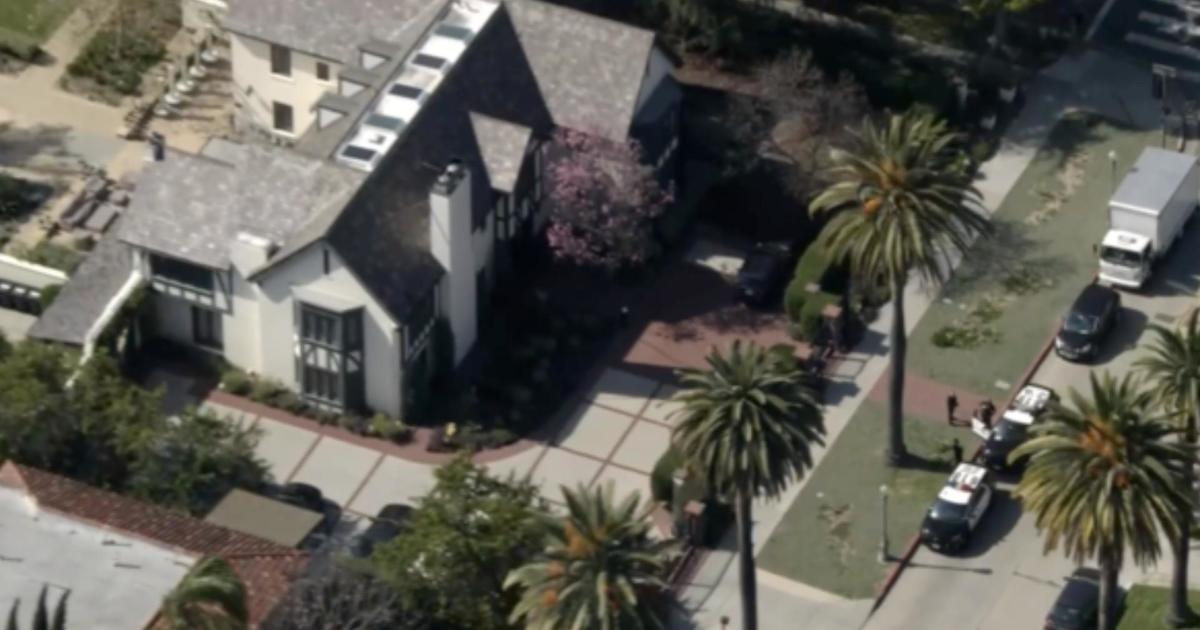Behind The Mic With Joe Mathieu: SCOTUS Considers Cell Phone Privacy
BOSTON (CBS) – Should your smart phone be off limits to police?
The U.S. Supreme Court tackles that question Tuesday in a case that is one of the most important of the court's term because it affects so many of us.
More than 90-percent of Americans have a cell phone and more than half have a smart phone, according to the Pew Research Center. And we use them to do a lot more than make phone calls.
Just think about the huge amount of personal info in there. I heard someone call it a digital filing cabinet. And the justices will need to decide whether that cabinet should be held private from law enforcement.
This all goes back to two cases, one of them in Boston, where a man was arrested in 2007 for allegedly selling drugs. That man's phone rang at the police station and it was traced to an address where police found evidence. That man's conviction was later overturned after the cell phone search was found to be unconstitutional.
If the Supreme Court backs that ruling, police would need a search warrant to look inside your phone.
The police, of course, want access to as much valuable information and evidence as possible. Law enforcement officials say the smart phone is no different than other items they're allowed to search on someone's person like address books and photos.
But privacy advocates say snooping through someone's phone is more like entering someone's home. The Wall Street Journal cites a court brief in which the American Library Association and the non-profit Internet Archive take this a step further.
They say mobile devices should be off limits to police if only because they are used to read books and articles - and in this country, that's none of anyone's business.
A decision is expected at the end of June.
Follow Joe on Twitter @joemathieuwbz
MORE LOCAL NEWS FROM CBS BOSTON



